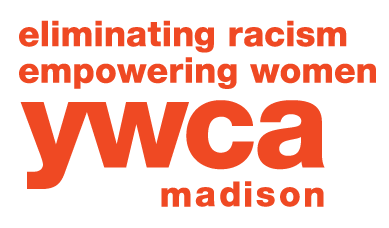Get Together: Becoming the Liberation Ecosystem
The theme for the Summit this year is Get Together: Becoming the Liberation Ecosystem. This theme invites us to deepen our practices of coming together as an interconnected, inter-communicating, inter-responsive, and ever-changing ecosystem. By strengthening this ecosystem, we can disrupt the escalating violence and attend to harm in our country and planet, while also unapologetically dreaming, re-imagining, and seeding for the liberated and racially just future we dream of.
Drawing on this theme, we are guided by our Four Pillars of Practice: Solidarity, Abolition, Mutual Aid, and Repair. Each pillar serves as an entryway into a range of practices across levels of impact—from systems and structures, through communities and organizations, to the level of our relationships, and all the way to our internal selves. Integrating our personal and relational practices with a systems approach allows us to develop alignment across communities and organizations. This integrity and alignment at the lower levels allow us to build power so we can engage in collective action to shape change in the broader structures.
Four Pillars of Practice
There are four broad practices that we believe can support and guide us in drawing out the mindsets, values, and actions that we need to engage as we become the ecosystem that can respond to the moment and context we’re living in:
Solidarity: the intentional, sustained work of building trust, shared power, and mutual accountability across racial and cultural lines in the pursuit of collective liberation. It centers on acknowledging different histories and experiences with oppression, and committing to aligning struggles in a way that uplifts all marginalized communities, without erasing difference or perpetuating dominant culture and control. It is a practice that resists efforts to fracture us from our shared power, and is rooted in deep relationship and guided by and ethic of mutual care and an aknowlegment of our inter-connectedness and shared fate.
Abolition : a transformative, visionary framework that seeks to eliminate carceral and other oppressive systems—such as prisons, police, and immigration detention—and replace them with community-based models of care, accountability, and safety. It is rooted in the belief that these systems are inherently violent, racist, and ineffective at delivering justice, and that true safety comes from investing in people, and building life-affirming institutions.
Mutual Aid: a collective coordination to meet each other’s needs coming from a shared understanding that the systems in place (like the state, capitalism, or other hierarchical structures) are failing to do so. It is: a) voluntary, reciprocal support among people in a community; b) a political act, not charity—it challenges unjust systems rather than simply patching their gaps; c)about solidarity, not saviorism—participants work with each other rather than for others ; d) survival work that’s rooted in a long history of resistance by marginalized communities.
Repair: a multifaceted process that encompasses healing, accountability, and the restoration of relationships and trust, and which centers communities harmed by systemic oppression. Repair practices acknowledge the depths of trauma and harm, both individually and collectively, that must be tended to truly embody, maintain, and sustain solidarity, abolition, and mutual aid.
Note: We offer these descriptions of the practice pillars as a starting place and as invitations to explore further. These descriptions (like all things) are ever-evolving.
